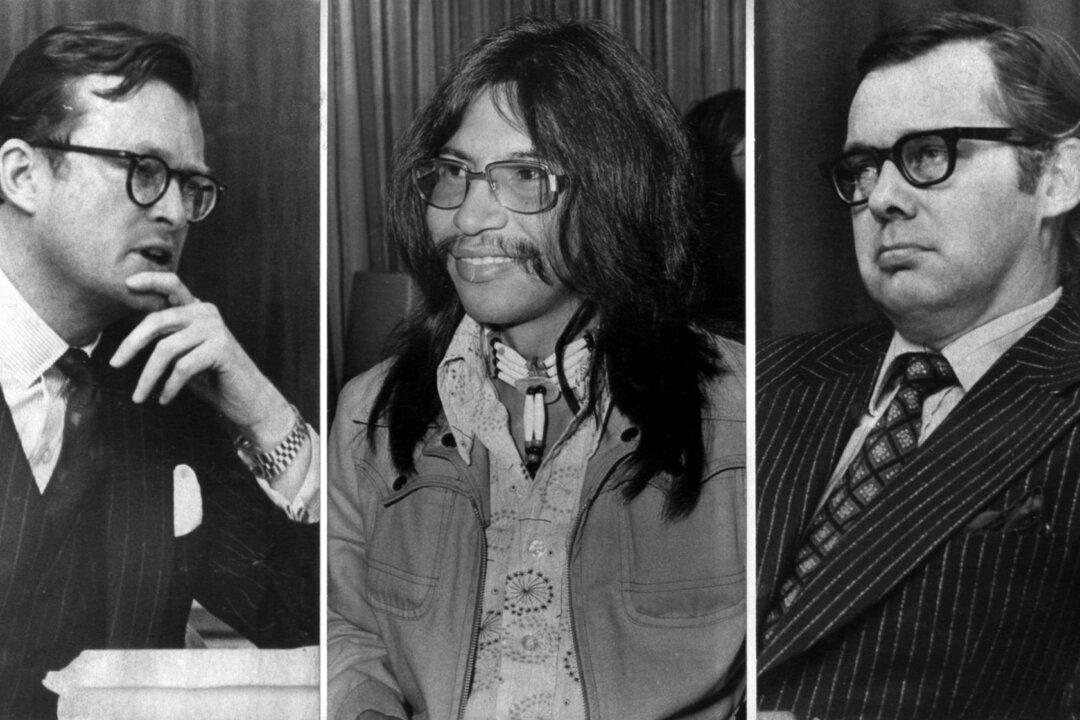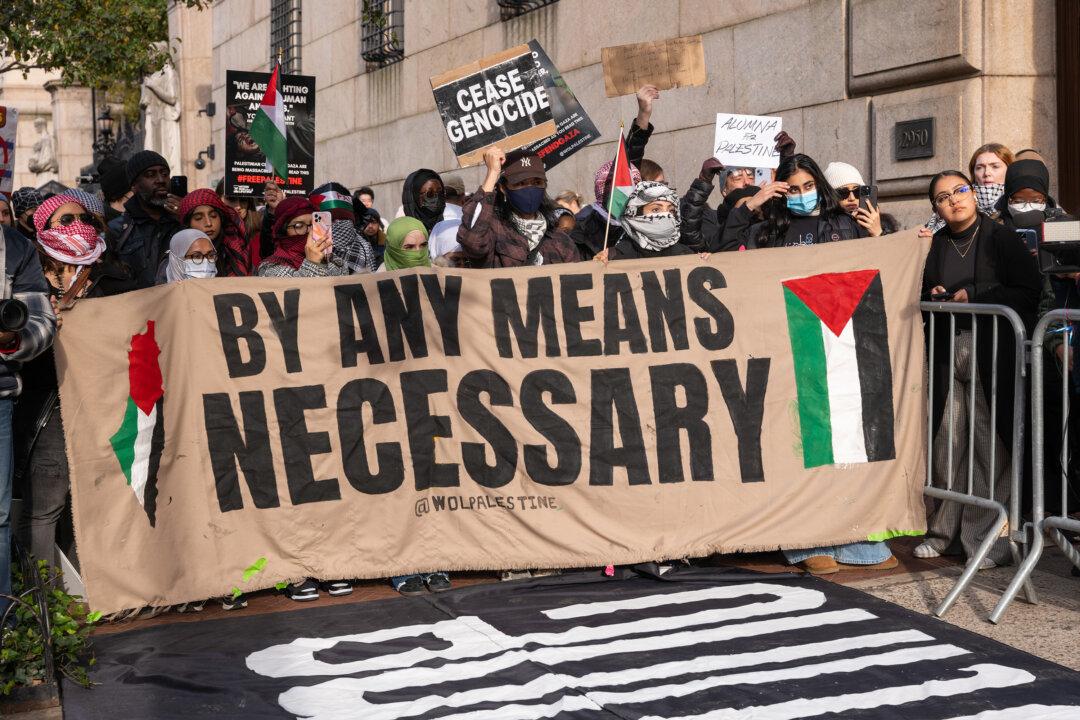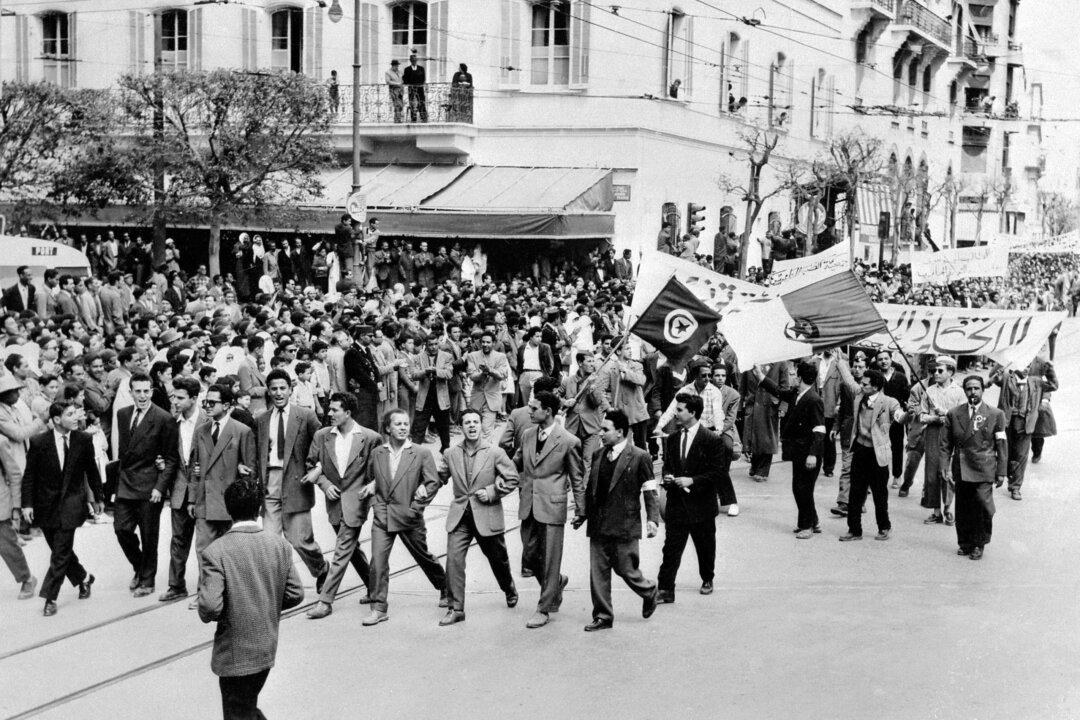Commentary
That the revolutionary Marxist concept of “decolonization” should apply to Canada, itself a former colony that gained independence with scarcely a drop of blood shed, had no legacy of slavery, and then developed as an independent nation without significant internal violence, might seem like quite a reach. But the idea gained a toehold here 50 years ago and, after remaining quiescent for decades, has metastasized into what we see today: a conviction that Canada’s political and social structures are inherently oppressive and racist and must be torn down.





